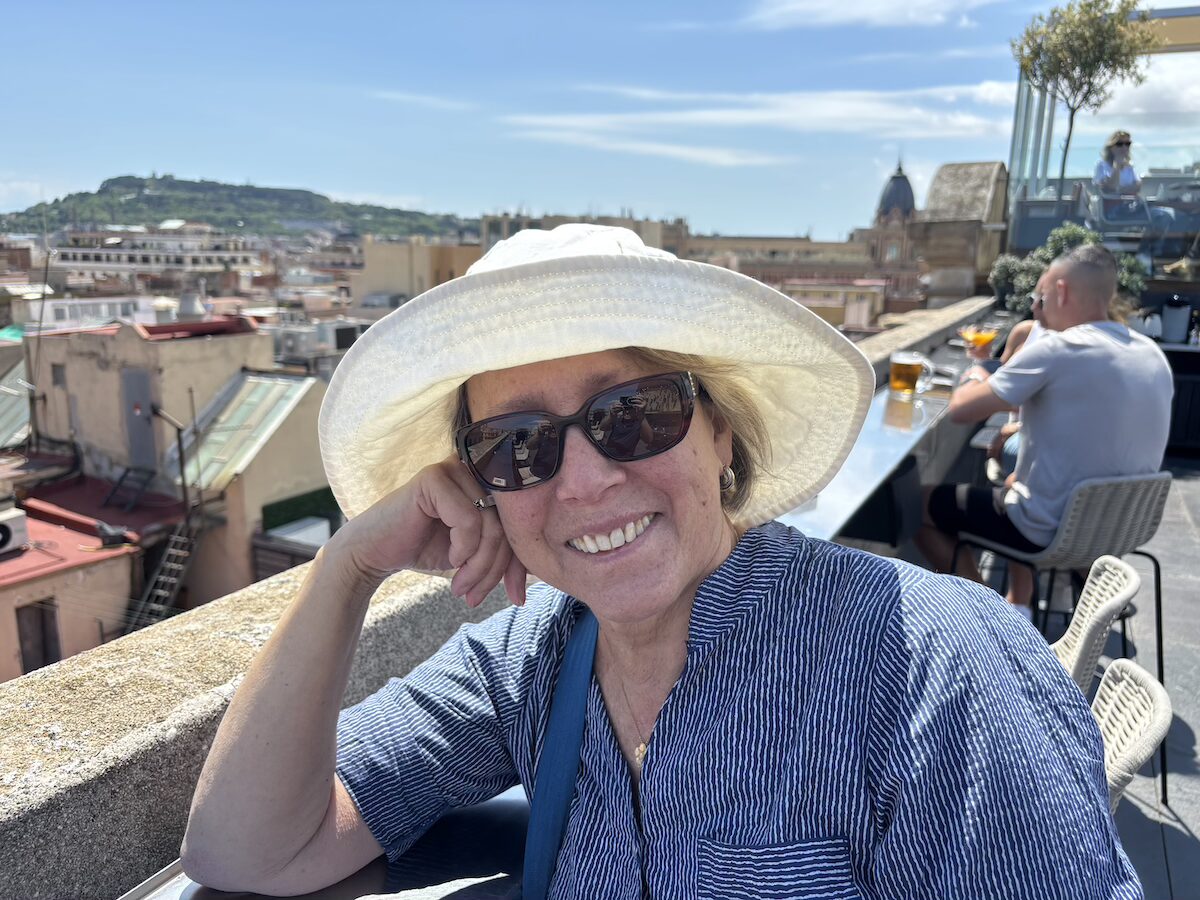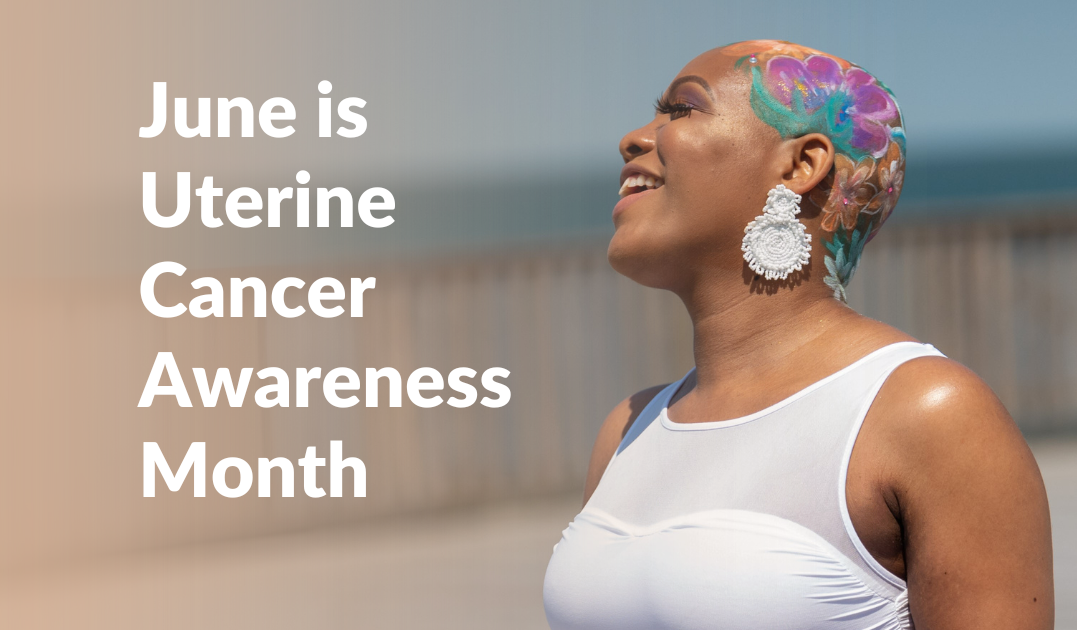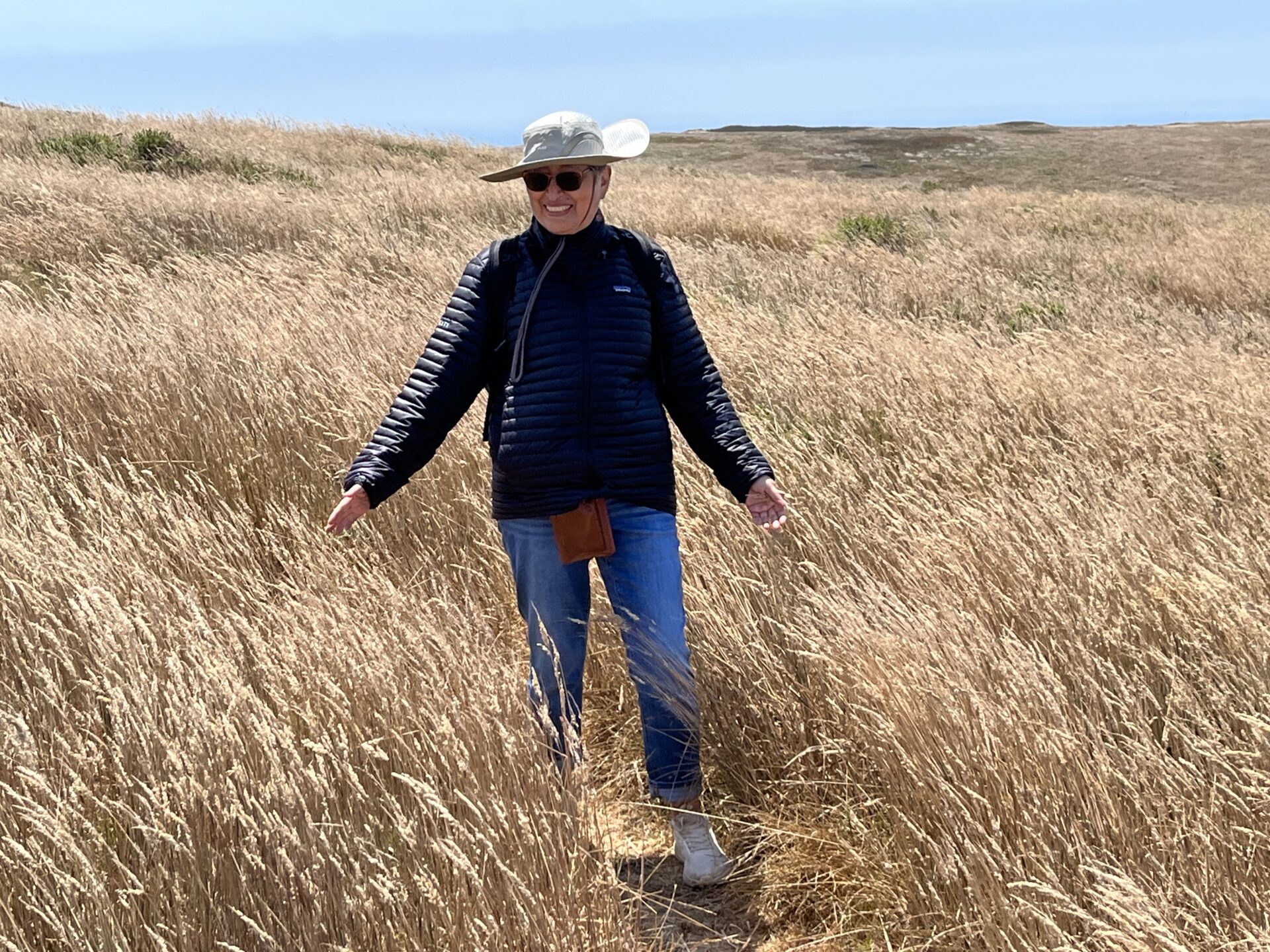When Pam Dahlmann’s mother was diagnosed with ovarian cancer in 2009—40 years after her own mother passed away from the disease—both women quickly learned that there were no ovarian cancer organizations in Michigan. “My mom and I were both University of Michigan nursing graduates,” says Pam, “We really wanted to make a difference for other families like ours, so along with Marlena Studer, who had lost her own mother to ovarian cancer, we laid the framework for MIOCA’s foundation.”
Through the Alliance’s Survivors Teaching Students: Saving Women’s Lives® (STS)program, Pam met Marcie Paul, who had also been diagnosed with ovarian cancer in 2009. Marcie had noticed the same lack of local resources. “I called the Ovarian Cancer National Alliance and asked why there wasn’t an ovarian cancer group in Michigan, and whether anyone was looking to start one.” The Michigan Ovarian Cancer Alliance (MIOCA) was officially underway in June 2011. Pam currently serves as President and Marcie as Vice-President of MIOCA. Although the organization is just over a year old, it already provides education, advocacy and support for survivors in the state.
In addition to participating in STS, MIOCA has created a program geared to the general public, called SPEAK: Survivors Promoting Early Awareness and Knowledge. Survivor Michelle Shepherd, MIOCA’s Secretary, is the SPEAK Coordinator. The inspiration for this program came from a survivor: when she was diagnosed, she basically said “What is ovarian cancer and why didn’t I know about it?” Elaine Greenberg, Michigan’s own Midwest Regional STS Coordinator, used that quote as the title of the first SPEAK type presentation and it took off from there.
MIOCA also offers a survivor-to-survivor support network. Marcie explains that “When a woman is diagnosed, people always say ‘Oh I know so-and-so who has ovarian cancer.’ Sometimes you get connected with the wrong person who tells you all the horror stories.” The MIOCA support network matches women in similar circumstances—such as age, recurrent disease or a particular subtype such as clear cell ovarian cancer—and helps them connect with someone who has been in their shoes.
Since MIOCA is a relatively new organization, the group takes part in local events organized by other nonprofits, like the Big House Big Heart run in Ann Arbor. Last fall they pulled together a team of 25 in about two weeks; the following spring more than 100 people joined Team Teal. The organization also takes part in Turn the Towns Teal. “My mom and I turned one city teal three years ago,” recalls Pam. “This year it grew to 16 cities in Michigan. It’s a great way for survivors and their families to connect with our cause.”
Both Pam and Marcie see their relationship with the Ovarian Cancer National Alliance as critical to MIOCA’s success. “The Alliance gives us such independence, but also great role models and framework,” says Pam. Marcie concurs, “Having a strong lead from the Alliance makes it that much easier to get our folks involved. We don’t have to reinvent the wheel.”
As they move into their second year, Pam and Marcie hope to further expand MIOCA’s programs, reaching women in every corner of their state.
Click here to learn more about the Michigan Ovarian Cancer Alliance.


